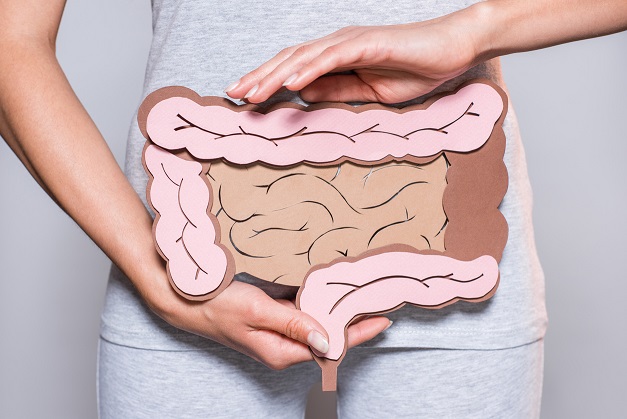Blue Zone Nutrition Blog — June, Alzheimer’s Awareness Month
Alzheimer’s disease is a growing global concern — with no known cure, prevention remains our most powerful tool.
As more research emerges, one exciting area drawing attention is the link between gut health and brain health. The gut-brain axis — the two-way communication network between your digestive system and your brain — is proving to be a key factor in cognitive decline and Alzheimer’s risk.
In today’s blog, we explore how supporting your microbiome through diet and lifestyle could help protect your brain and reduce Alzheimer’s risk.
Your gut is home to trillions of bacteria and other microorganisms, known as the microbiome. These tiny organisms are involved in digestion, immunity and even the production of neurotransmitters that influence mood and cognition.
Through a complex communication system involving nerves, hormones and immune signals, the gut and brain are constantly “talking” to one another — what happens in your gut affects your brain and vice versa.
When the gut is out of balance — a state called dysbiosis — it can trigger inflammation, reduce nutrient absorption, and even disrupt the blood-brain barrier, making the brain more vulnerable to damage.
Recent studies suggest that people with Alzheimer’s often have altered gut bacteria compared to healthy individuals. This imbalance can lead to:
- Increased systemic inflammation, which is a major contributor to neurodegeneration
- Production of neurotoxic compounds that may accelerate the formation of amyloid plaques in the brain
- Reduced levels of short-chain fatty acids, protective compounds that nourish brain cells
Improving gut health could therefore reduce inflammation and help protect the brain.
How to Support Gut & Brain Health Through Nutrition
A healthy gut starts with what you eat. Here are my top nutritional tips for promoting a thriving microbiome and supporting brain health:
1. Eat Organic, Whole Foods
Minimise pesticides and chemicals that can harm gut bacteria and disrupt the microbiome.
2. Prioritise Fibre-Rich Vegetables
Fibre feeds beneficial gut bacteria — aim for a colourful variety of organic vegetables daily.
3. Include Fermented Foods
Foods like sauerkraut, kimchi, kefir and live yoghurt introduce beneficial bacteria to your gut.
4. Avoid Ultra-Processed Foods (UPFs)
Highly processed foods damage gut health and are linked to higher dementia risk.
5. Reduce Sugar Intake
Excess sugar fuels harmful bacteria and promotes inflammation.
6. Consider Probiotic & Prebiotic Support
Work with a qualified Nutritional Therapist to explore personalised gut support.
Lifestyle Tips for a Healthy Gut-Brain Axis
- Manage stress — chronic stress harms the microbiome
- Stay physically active — exercise promotes both gut and brain health
- Prioritise good sleep — restorative sleep helps maintain gut balance
- Drink clean, filtered water — avoid toxins that can disrupt gut bacteria
The Takeaway
There is no single magic solution to prevent Alzheimer’s — but caring for your gut is an important part of the puzzle.
By supporting your microbiome with the right foods and lifestyle habits, you can help reduce inflammation, protect your brain and enhance long-term cognitive health.
At Blue Zone Nutrition, I take a personalised approach to gut and brain health — if you would like tailored support to optimise your diet and protect your future brain, please get in touch.
Milvia Pili (FNTP)
Registered Nutritional Therapist
Blue Zone Nutrition




